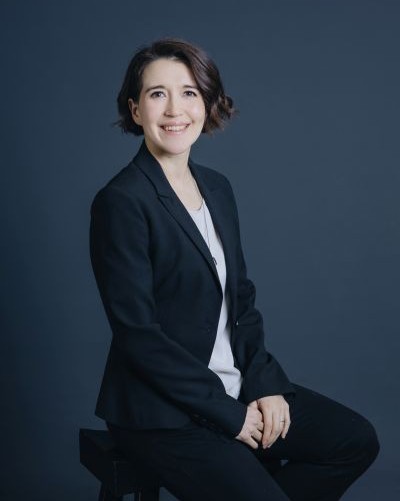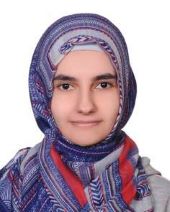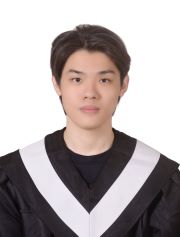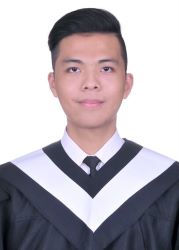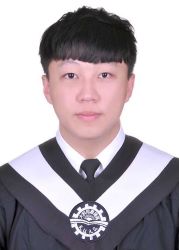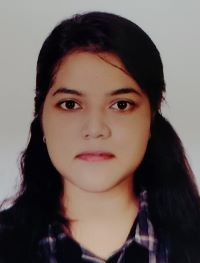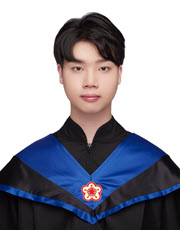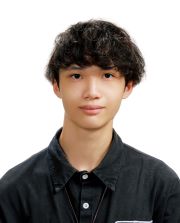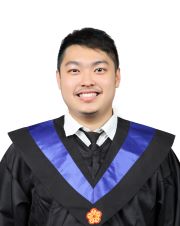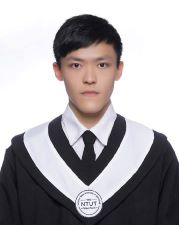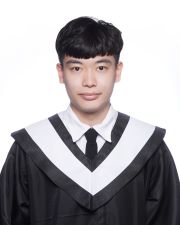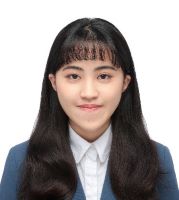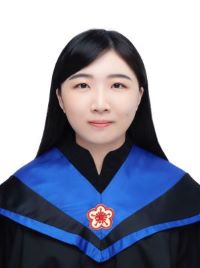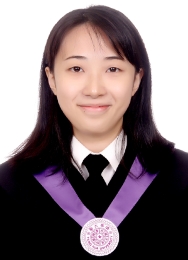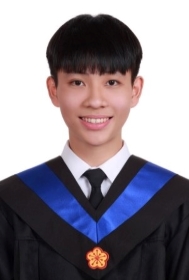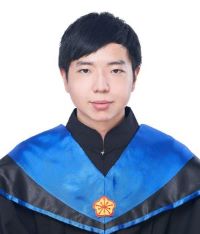Prof. Katherine A. Kim received the B.S. degree in electrical and computer engineering from Franklin W. Olin College of Engineering, Needham, MA, in 2007. She received the M.S. and Ph.D. degrees in electrical and computer engineering from the University of Illinois, Urbana-Champaign, IL, USA, in 2011 and 2014, respectively. In 2014, she started as an Assistant Professor of Electrical and Computer Engineering at the Ulsan National Institute of Science and Technology (UNIST), Ulsan, South Korea. Since 2019, she has been with National Taiwan University, Taipei, Taiwan, where she is currently a Professor of Electrical Engineering.
Prof. Kim’s research focuses on power electronics and control for solar photovoltaic applications. She received the Mac Van Valkenburg Early Career Teaching Award from the IEEE Education Society in 2024, the Award for Achievements in Power Electronics Education from the IEEE Power Electronics Society (PELS) in 2022, recognition as an Innovator Under 35 for the Asia Pacific Region by the MIT Technology Review in 2020, and the Richard M. Bass Outstanding Young Power Electronics Engineer Award from PELS in 2019.
She has served as an Associate Editor for IEEE Transactions on Power Electronics from 2027-2024. For IEEE PELS, she served as the Student Membership Chair in 2013-2014, PELS Member-At-Large for 2016-2018, PELS Women in Engineering Chair in 2018-2020, and the PELS Constitution and Bylaws Chair in 2021-2023. She is currently the IEEE PELS Vice President of Global Relations for 2024-2025.
Note: Prof. Kim is not accepting any new requests for talks or committee positions throughout the rest of 2025.
ORCID: 0000-0001-9144-1001
